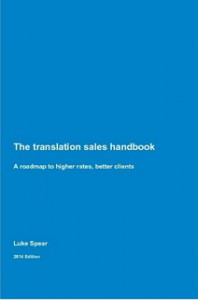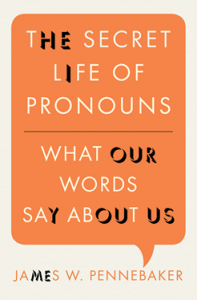Do you cringe when a talking head pronounces “niche” as NITCH? Do you get bent out of shape when your teenager begins a sentence with “and,” or says “octopuses” instead of “octopi”?
Do you think British spellings are more “civilised” than the American versions? Would you bet the bank that “jeep” got its start as a military term and “SOS” as an abbreviation for “Save Our Ship”?
The author take us wherever myths lurk, from the Queen’s English to street slang, from Miss Grundy’s admonitions to four-letter unmentionables. This eye-opening romp will be the toast of grammarphiles and the salvation of grammarphobes.



